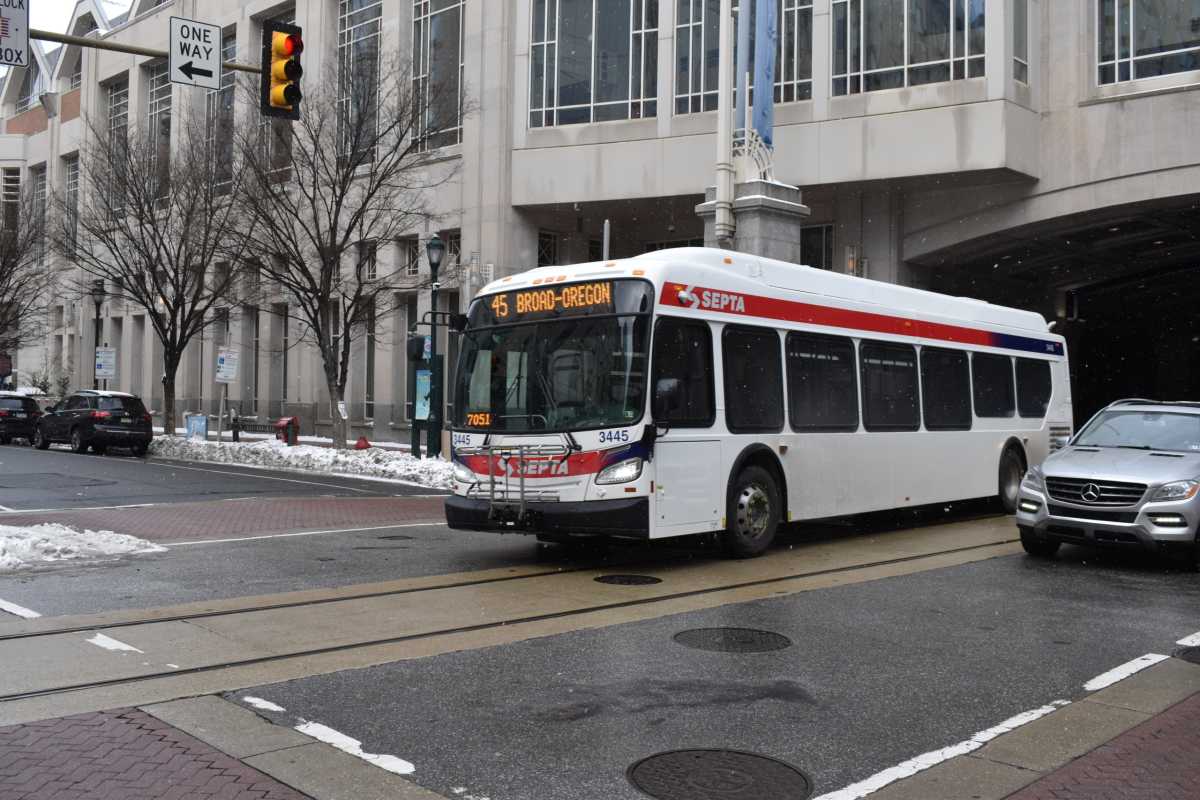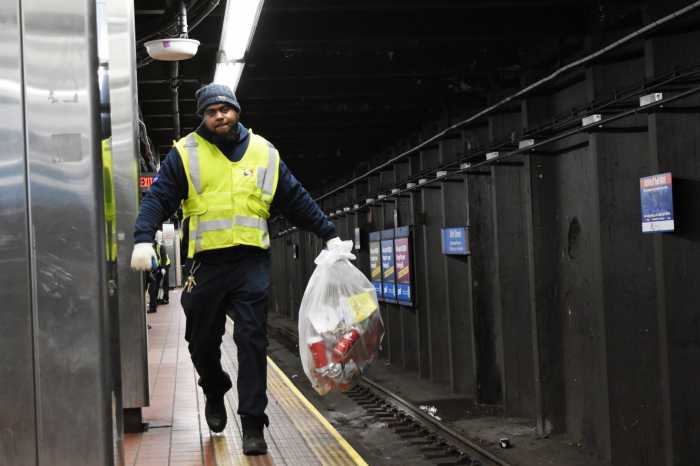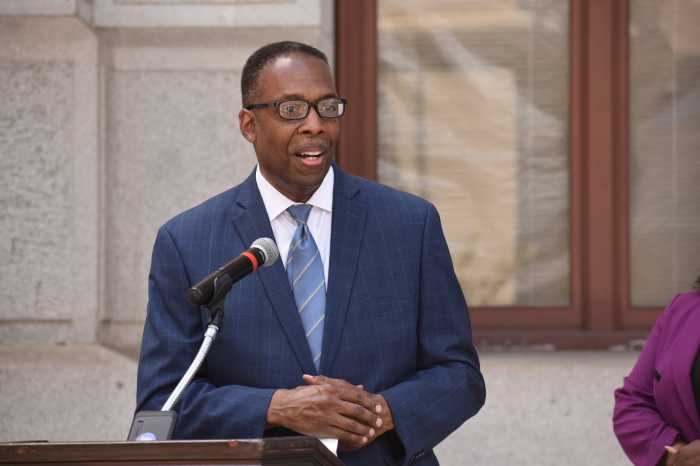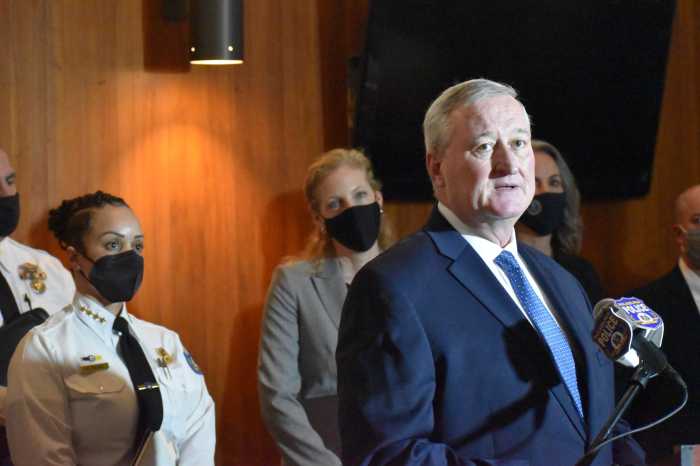When Mayor Jim Kenney unveiled his proposed budget earlier this month, one of the more attention-grabbing initiatives was a plan to distribute free SEPTA passes to at least 25,000 low-income residents.
Many of the details about the program – a two-year pilot slated to receive $62 million – are still being worked out, officials said, and City Council is only beginning to scrutinize the financial documents ahead of budget negotiations.
But, if approved, the zero-fare trial would be a first for Philadelphia, granting thousands access to SEPTA’s entire system, including Regional Rail.
“It’s going to be one of the most expansive, if not the biggest program, of its kind in the country,” SEPTA spokesperson Andrew Busch said. “This might be a model that other agencies and other cities want to look at moving forward.”
In all likelihood, there would be two approaches for enrolling residents in the pilot, said Christopher Puchalsky, director of policy and strategic initiatives for the city’s Office of Transportation, Infrastructure and Sustainability.
Some would be contacted because of their involvement in other programs benefiting low-income households, he said, while others would be able to submit through an open application process.
Puchalsky said officials are thinking of setting eligibility at 150% of the federal poverty level, based on requirements for other programs.
“For folks who are currently in this situation of being in poverty or having low income, what we see is that maybe they’re riding transit but they’re not riding transit as much as they would like to,” he added. “They’re forgoing trips that are important. Maybe they’re forgoing doctor’s trips.”
Should the zero-fare pilot be incorporated into the final budget, which must be passed by June 30, the Kenney administration hopes to begin distributing passes before the end of the year.
Busch said the mechanics would be similar to SEPTA’s Key Advantage program, in which employers purchase cards for their workers. In this case, the city would buy the passes and oversee their allocation, he added.
Seeds for the zero-fare pilot were planted in the 2021 Philadelphia Transit Plan, which noted that Los Angeles, Seattle and other municipalities offer low-income public transportation programs.
And a 2019 Pew study found that Philadelphians paid more for commuting, as a percentage of their income, than those in other major cities due to the city’s high poverty rate and transfer fees. That analysis was done before SEPTA eliminated the fee on a rider’s first transfer.
“It’s not that SEPTA’s fares are too high; they’re not,” Puchalsky told Metro. “And, in fact, if we cut all the fares, then we just wouldn’t have the money to provide equitable service, good service.”
The Kenney administration’s aim is also to increase SEPTA’s ridership, with the hope that the additional eyes and ears would improve safety and security on the transit system.
SEPTA is averaging about 600,000 passenger trips a day, about 60% of its pre-coronavirus total, according to Busch.
In conjunction with the zero-fare pilot, Kenney is also proposing free fares for all city employees, at a cost of $9 million a year. The initiative is also structured as a two-year pilot.
If the plan is approved, the city would join a number of employers enrolled in Key Advantage, which began last year with Drexel University, the University of Pennsylvania Health System and Wawa as inaugural participants.
Organizations offer the passes to their employees as a benefit, and recipients can use the cards for any kind of trip. To date, more than 30,000 people work at companies and institutions enrolled in the program, SEPTA officials said.
Key Advantage’s first phase was rolled out for workplaces with more than 500 employees, and SEPTA announced Wednesday that small businesses with under 50 workers are now eligible to sign up.

Metro is one of more than 20 news organizations producing Broke in Philly, a collaborative reporting project on economic mobility. Read more at brokeinphilly.org or follow on Twitter at @BrokeInPhilly.




























